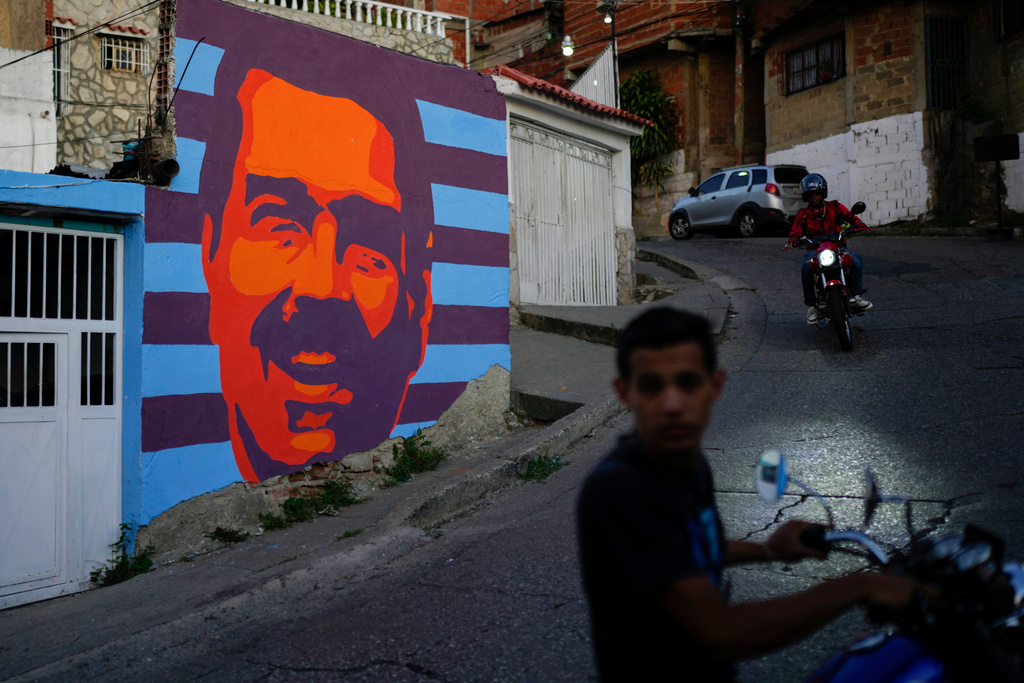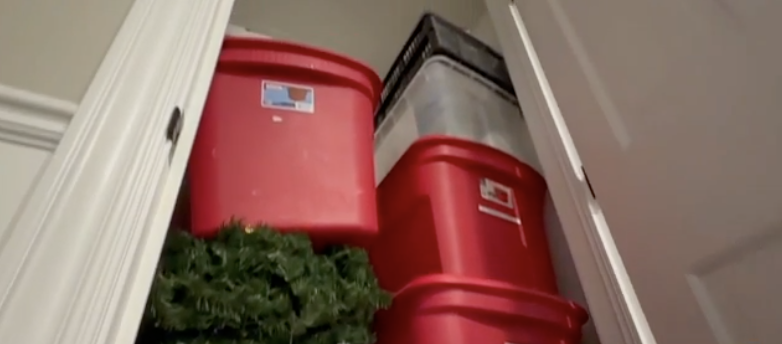One year after declaring the opioid epidemic a public health emergency, President Donald Trump signed what's being referred to as "landmark" opioid legislation into law.
The bipartisan measure aims to address the opioid crisis on several fronts. It increases funding for and access to treatment, improves prescription drug monitoring and makes changes to U.S. Postal Service screening requirements for illicit fentanyl.
It also created partnerships with more than a dozen organizations, including Facebook, CVS and the Red Cross. They will work to create drug disposal programs, simplify medical records and help those who are already in recovery.
During the White House bill-signing event Wednesday, President Trump touted his administration's efforts to confront the epidemic.
"Together we are going to end the scourge of drug addiction in America. We're going to end it, or we're going to at least make an extremely big dent in this terrible, terrible problem," he said.
While experts have applauded the passage of the legislation, some have suggested that focusing on drug prevention is the key to making the measure successful.
Preliminary data from the CDC estimates that 72,000 people died of drug overdoses in 2017.
Additional reporting from Newsy affiliate CNN.











